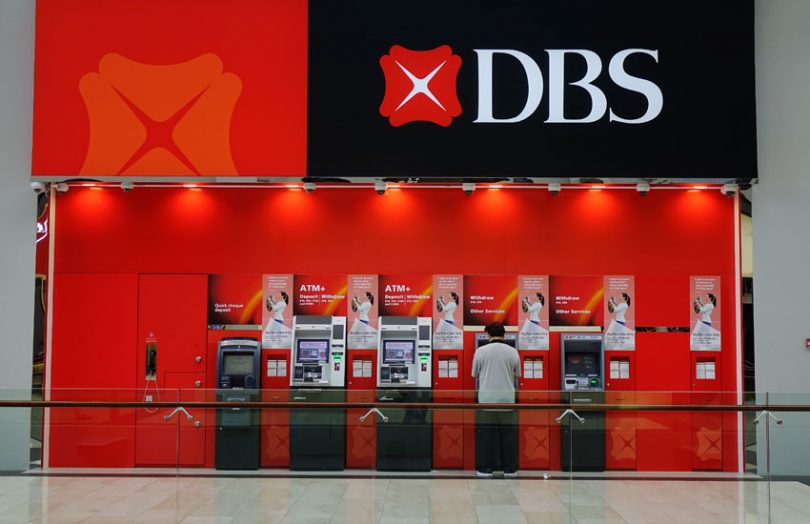Singapore’s DBS Bank shared its DBS Digital Exchange progress during its quarterly financial update and added details about Partior, the blockchain payments joint venture with JP Morgan and Temasek.
CEO Piyush Gupta said that the DBS Digital Exchange, the digital assets platform launched in December 2020, had $80 million in assets under custody. Trading volumes are $30 – $40 million and there are 120 customers so far with a much larger pipeline. As previously announced, the solution is targeting accredited investors and institutions.
Going forward, there are plans for its first security token offering during the current quarter, and operating hours will be expanded from Asian business hours to 24/7.
Gupta then spoke about Partior, the blockchain-based payments infrastructure that will tokenize bank account balances in multiple currencies enabling instant interbank payments.
Partior addresses cross border payment challenges
The aim is to address the challenges of cross border payments which involve international banks needing to have accounts, nostro accounts, with every other bank they want to send money to. If they don’t have an account, they need to use an intermediary correspondent bank. That adds complexity to the process, reducing transparency and potentially causing delays.
By using tokenized money, banks use a shared ledger. There are no intermediaries, and there’s no excuse for delaying payment clearing. Plus, there’s complete transparency.
During a recent FintechBeat podcast, Sopnendu Mohanty from the Monetary Authority of Singapore said, “This is essentially a shared ledger. We are bringing the different nostro accounts you used to have in different banks and currencies onto a single shared ledger. And that shared ledger has to have every bank participating to use that platform to do atomic settlement.” He emphasized it is an open shared infrastructure.
How it works
“Money can be converted into digitised form that has been cleared, which can be sent across for settlement as quickly as the written message,” said DBS CEO Gupta during the results call. “And because settlement can be programmed to happen if conditions one, two, three and four are met, the platform is powerful. It not only removes the latency of the process, but it also creates the capacity to programme instructions.”
Digital cash and instant payments are the holy grail to enable blockchain solutions.
How DBS wins
The partners aim to make it an open platform initially targeting the Singapore and U.S. dollar. But there are plans to sport the euro, sterling, renminbi and other currencies.
Through its participation, DBS has three aims. Firstly is co-creating the market infrastructure that empowers a digital economy. The second is bringing benefits to customers, both non-bank financial companies and corporates. Instant settlement enables use cases such as foreign exchange payment versus payment (PvP), securities delivery versus payment (DvP), peer-to-peer escrows and services that complement central bank digital currencies.
Finally, DBS is looking forward to earning licensing royalties for the technology.
We had previously asked about the governance and split in shareholdings. During the results announcement, DBS revealed it would have a 33% stake. In April, the partners said pilots would start in the second half of 2021, but DBS put a more optimistic target for launching in the third quarter, subject to regulatory approvals.
A nitty gritty question
We have a practical question about the impact on reconciliations, which blockchain should alleviate. The idea is with a shared ledger, there should be little need for reconciliation, with rare exceptions.
However, in early blockchain trials conducted by SWIFT several years ago, one of the challenges was reconciliation. If you mix blockchain transactions with conventional transactions in the same account, it actually worsens the reconciliation situation.
So our question is whether every bank has to create a separate account for participating customers where money is swept into for tokenization, something similar to a savings account. Alternatively, all tokenization transactions would just be marked as such and the reconciliation process would know these are separate.
Whether or not tokenization makes the reconciliation process harder, it’s likely an interim issue that will be resolved eventually. And the potential benefits of tokenized money will doubtless outweigh this challenge.
If we get a response, we’ll post an update.






